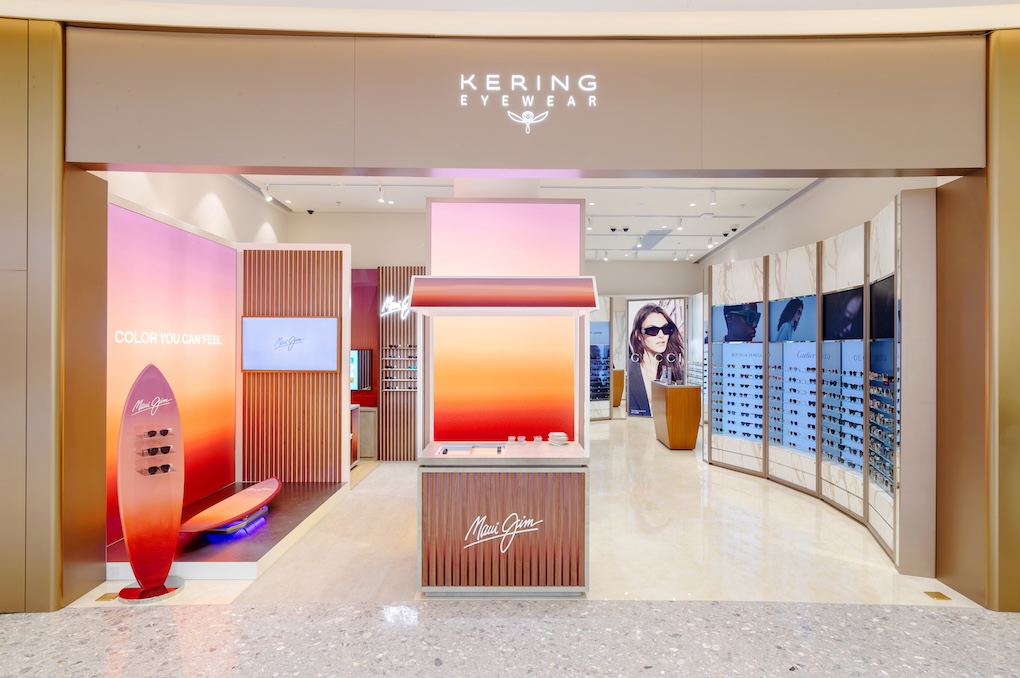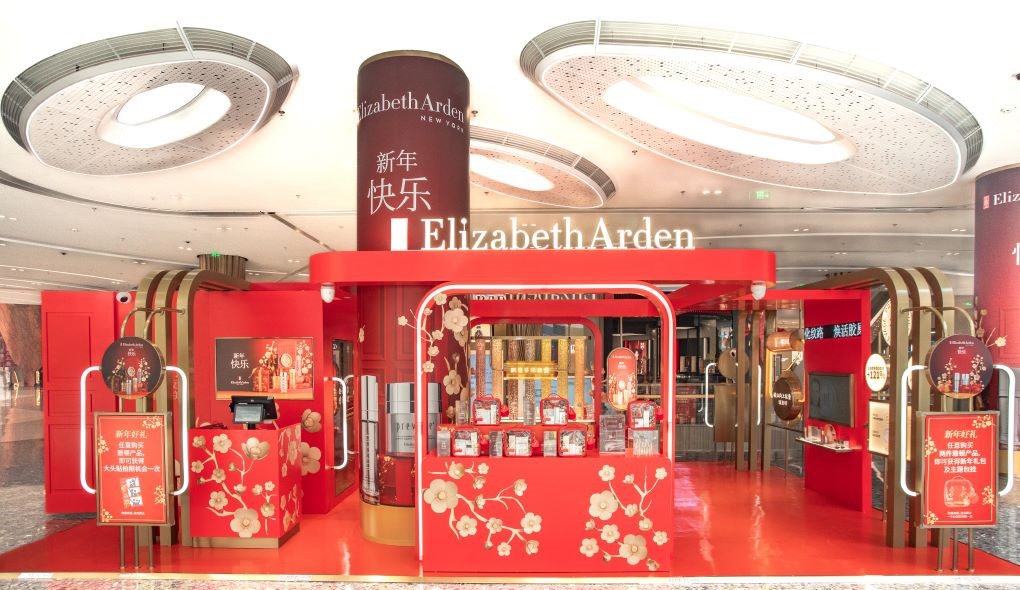
Introduction: Turkish company Kepler Club is a newcomer to the airport hospitality sector, a positive disrupter brimming with ambition and a clear mission as to how it can differentiate the consumer proposition. Founder & CEO Ömer Alaettinoglu spoke to The Moodie Davitt Report Founder & Chairman Martin Moodie about a unique accommodation and relaxation concept designed to maximise traveller comfort and convenience.
Kepler Club Founder & CEO Ömer Alaettinoglu’s background hardly reads like a standard introduction to the airport hospitality sector but it offers a fascinatingly personal context for an equally unlikely entrepreneurial success story.
In 2018, the Türkiye-born businessman was working as an investment banker for Credit Suisse in New York City having graduated from Columbia University a few years earlier and then entering the finance world.
Seeking a break from the sector’s unrelentingly gruelling hours, Alaettinoglu got approval from his boss for a rare weekend’s skiing break in Lake Tahoe, straddling the border of California and Nevada. However, due to work pressures on the Friday evening, he missed his flight and was forced to fly to Los Angeles the next day and accept a seven-hour layover at Los Angeles International Airport (LAX) – not most travellers’ idea of fun.
“I landed there and I was very tired, I needed to get some rest,” he recalls. “So I wondered if there was any comfortable place for me to rest inside the airport for a few hours. I did not need a cool hotel; I just needed a bed and some space.”
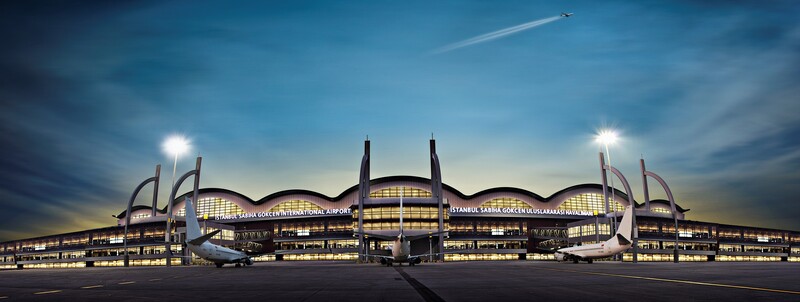
Alaettinoglu asked an airport cleaner if such a place existed within the vast LAX expanse. “She told me, no, I would have to leave the airport terminal, take an airport shuttle to a hotel and then take the shuttle back in the morning.”
Peeved at the situation, Alaettinoglu searched online to see if other airports offered acceptable options. He came across a quirky website called SleepinginAirports.com, which offers recommendations about where to sleep inside a vast array of the world’s airports {main story continues after the sidebar below}.
Seeking planetary inspirationWhat’s in a name? In this case of Turkish airport hospitality company Kepler Club, the answer is plenty. Kepler is an homage to German astronomer Johannes Kepler, a pioneering figure of the 16th and 17th century Scientific Revolution in Europe. Kepler invented the Keplerian telescope, which offered unprecedented magnification levels around the same period as the creation of the first telescope. The famed Kepler’s Laws of Planetary Motion described the motion of the planets across the sky.  “We named our company Kepler to honour his curious and scientific approach towards understanding the universe,” says Kepler Club Founder & CEO Ömer Alaettinoglu. “It’s a mindset we strive to emulate within our management – a culture that encourages data-driven decision making; applies a scientific method to problem-solving; and promotes open-minded discussions. “As Kepler was an astronomer and we operate within the aviation sector, the connection seemed fitting. We feel immense gratitude for the pioneers of the Scientific Revolution, whose contributions have ushered us into the current era of science and technology, empowering us to integrate tech solutions into our accommodation services. “Additionally, in Turkish each of our sleeping cabins is referred to as a ‘Kep’ with ‘ler’ being the plural suffix, which sounds like an abbreviation for ‘capsule’ or ‘cabin’. “So it offers a dual resonance and a nuanced naming that allows us to cater to both audiences – those familiar with Johannes Kepler’s work and the average Turkish citizen who may not be acquainted with him.” |
“I realised that in almost none of their reports would I find a good solution for my problem,” Alaettinoglu recalls. “Their recommendations were not referring the customer to a specific brand but were more like ‘If you sleep next to gate, say, 22, the carpets are cleaner’ type of suggestions.”
Alaettinoglu duly arrived at his hotel near LAX to be told he would have to pay a full day’s tariff despite only needing a few hours’ rest. Next came the shuttle back to the airport, the security hassle, and the general feeling of time lost in an unpleasant fashion.
It was a revelatory experience, one that Alaettinoglu vowed never to repeat but which seeded a business opportunity in his mind. When he finally arrived at Lake Tahoe he discussed the concept of an alternative to airport hotels with friends who were working in venture capital.
“One of them turned to me and asked me how much money I would need to build my first location,” Alaettinoglu remembers. “I simply made up a number. That friend turned out to be my first investor moving forward.”
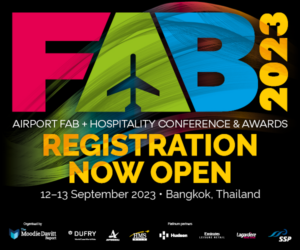
The number might have been impromptu but the notion of a flexible, accessibly priced airport accommodation and relaxation alternative was firm. Back in New York he bounced his fledgling concept off a group of colleagues whose opinions he respected. Not only were they supportive but several offered to put money into the venture.
Family support, however, was not so forthcoming, Alaettinoglu remembers with a wry smile. “I would speak to my parents in Türkiye almost every day when I was living in New York. I told my father about this idea and he was very reactive. He told me, “‘You have a great job, you’re getting paid a lot. Why would you do such a thing?’”
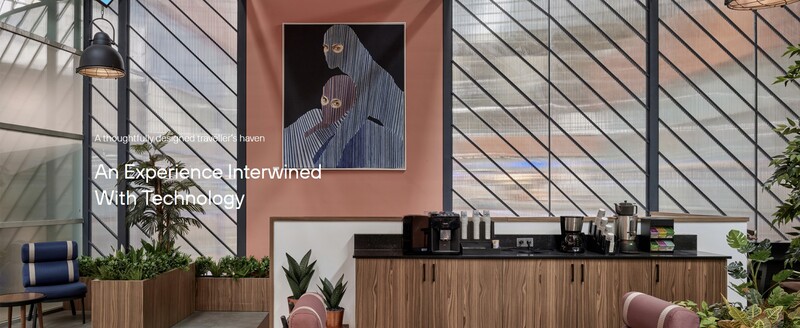
Undeterred, Alaettinoglu eventually told his father that his mind was made up to plough ahead with the business. “He thought I was going to quit so he called me and said I should not do that yet but he would introduce me to his aviation contacts in Istanbul to get a better insight of the idea.
“Everyone was very supportive. The people I met with in Istanbul loved the idea and one of them even became an investor in the company as well.”
With valuable mentorship and financial support in place, Alaettinoglu moved back to Türkiye in July 2018. Kepler Club was inaugurated the following January.
The breakthrough came in June 2019, when Kepler Club signed a contract with İstanbul Sabiha Gökçen International Airport, the city’s and country’s second-busiest airport, for an approximate 350sq m space in a previously unwanted mezzanine area. In the process, the company became the airport’s second-largest commercial tenant in space terms behind duty free retailer Dufry.
“There are not a lot of companies who do our kind of business in the world and there are very few of them who do it well”
“We signed as the exclusive accommodation services provider inside the airport until 2030,” Alaettinoglu explains. “They liked the idea and were very supportive. The airport management believed in us and thought that we could execute this well. I appreciated the trust a lot, because to get the first application up and running is very hard. No matter how much the company grows in the future, Sabiha Gokcen International Airport will always have a special place in my heart.”

With construction complete, the business duly opened in January 2020. Then, within weeks, commercial disaster struck in the form of what would become a three-year global pandemic. Along with countless other airports around the world, Sabiha Gökçen was forced to temporarily close.
Instead of mourning a lost opportunity, Alaettinoglu simply bided his time. “Although we only had the chance to be operational for two and a half months, we realised the demand was there,” he explains. “The people liked the service. So it was enough time for us to test the product.”
Patience paid off. In August 2020, Kepler Club reopened at Sabiha Gökçen, quickly attracting strong demand despite – or perhaps because of – the ongoing pandemic. “One of the reasons why we succeeded during the pandemic was that our service is very technology-oriented,” Alaettinoglu observes. “It was part of our branding and concept right from the beginning.”
“For example, we have self-service check-in/check-out reservation kiosks so a customer does not need to speak to the receptionist – there is no human interaction. All our doors open with touchless sensors. When we designed our sleeping cabins, we designed them in a way in which basically the air conditioning system was designed to be negative air pressure.”
In essence that means rather than pumping in fresh air that mixes with, say, stale smells from passengers and creates unpleasant odours in the corridors, the air is sucked out of the cabins and emitted outside the terminal building. Kepler Club guests benefit instead from fresh air fed into the cabins from the corridors – a particularly important attraction during the pandemic.
Each sleeping cabin also has a personal tablet computer, on which guests can check their flight status, ask questions of the reception, extend their stay, engage in duty free shopping or order items they may have left in their luggage such as a toothbrush or charging cable. Kepler Club even has a robot that moves around inside the area delivering the items.

“From the point where you check in to the point where you check out, you need zero human interaction so this whole technological concept was very useful to us,” Alaettinoglu notes.
The airport, pleased with this new service to their passengers, even used it as an advertisement during the pandemic, communicating that Kepler Club was evidence of a concern for passengers’ well-being. With the world still in the grip of the pandemic, demand surged. “Our capacity was definitely not enough,” he recalls. “So we signed an additional agreement in 2021 with the airport to expand our services inside the terminal and in October we started a construction to expand our areas.
“In February 2022 we opened that new capacity and became the largest tenant inside the airport terminal. Since the beginning of March that year we have been operating at full capacity and yet what we have is still not enough. We are almost fully booked every single day.”
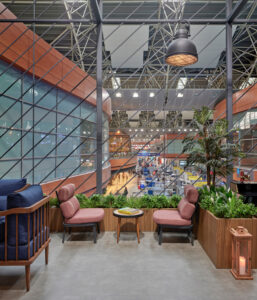
Going global
With a solid base established in Türkiye, Kepler Club’s attention has increasingly focused on international expansion and once again progress is encouraging. In 2020, at around the time of the Sabiha Gökçen opening, Alaettinoglu visited Riga International Airport in Latvia, ready to conclude a deal for a similar project.
But with the still nascent pandemic worsening by the day, he chose not to sign the contract. Fortunately so, given the airport was forced to close on 14 March that year as COVID-19 raged. However, as the crisis eased and international travel rebounded, negotiations between the two parties restarted, leading to a contract signing in late 2022.
“We will become the largest tenant inside Riga International Airport,” Alaettinoglu says. “The construction is planned to be completed within 2023. We will have 74 sleeping cabins in there.
“We will have one family room as well. And we are preparing to operate the four hotel rooms that Primeclass Business Lounge has inside the airport. We are also building three meeting rooms at the request of the airport management and a gaming area that includes a pool table, a foosball table, PlayStations and so on. So we will have an area of approximately 1,000sq m airside and landside.”
In addition, Kepler Club is about to begin construction on a new dual operation, landside and airside, at Kuala Lumpur International Airport after winning a competitive tender Alaettinoglu saw advertised on The Moodie Davitt Report website.
“With those operations completed, we will become the first international company in the world to provide short-term accommodation inside airport terminals,” he says. “That is very nice for us because the few companies worldwide which are active in the same space are only operating in their home countries. Basically, none of them are doing this in an international way.
“There are not a lot of companies who do our kind of business in the world and there are very few of them who do it well.”
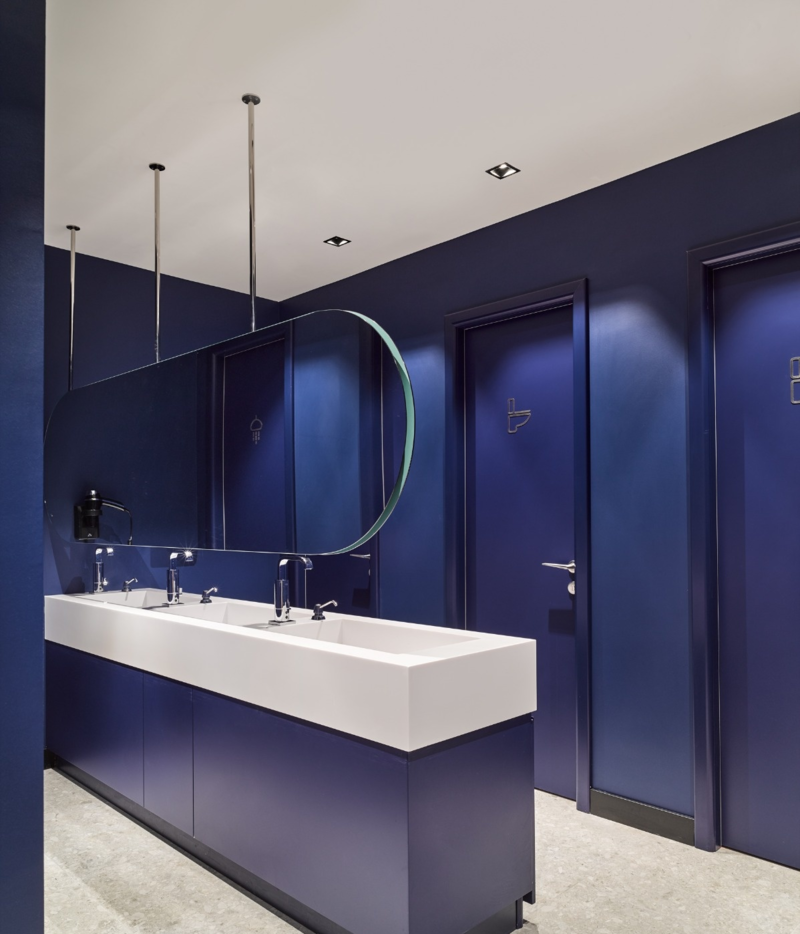
Kepler Club has blossomed from a start-up to a burgeoning success story in impressively quick time, especially if one considers the context of the global pandemic. With three locations agreed, how big and geographically diverse are Alaettinoglu’s ambitions?
“We want to be the brand which comes into people’s minds globally when they want some rest inside the airport terminal for a few hours. We want to basically transform the hospitality industry in the airport commercial space.” he replies.
“So the footprint that we have is expanding. We want to become a global brand. We believe that we do something innovative, something different from the other companies in the airport space. Regarding the global footprint, we have a lot of demand from other airports in the world as well.”
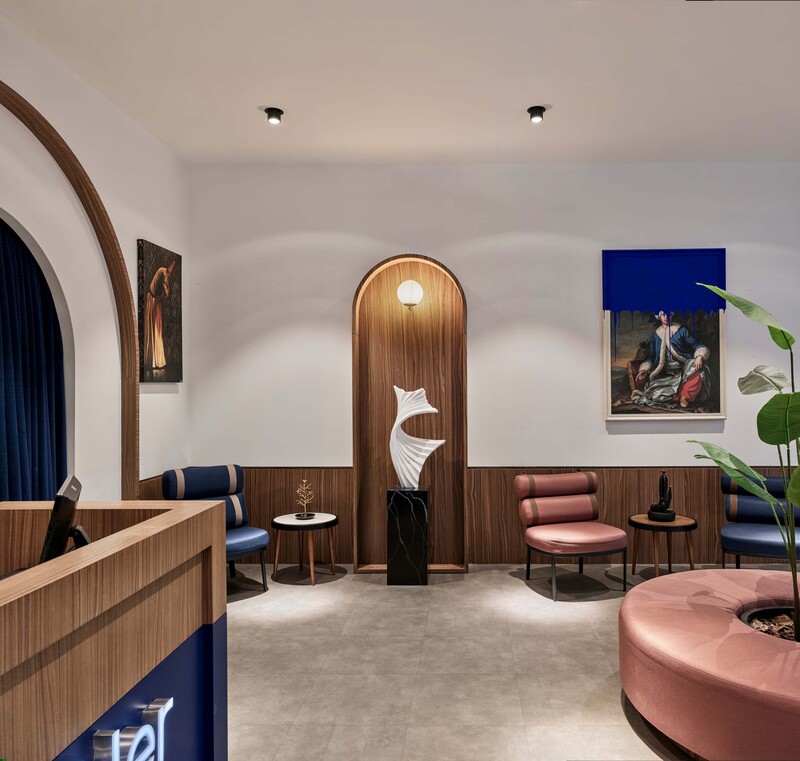
While details remain confidential for now, Alaettinoglu says multiple conversations are taking place with prospective landlords. He recently visited China, where he has incorporated a company in anticipation of opportunities across the country’s burgeoning airport ecosystem.
“It’s at the point where the airports are finding us rather than us reaching out to them and asking if we can get some space inside the airport terminals. So we are doing it one by one. I’m happy with the growth of the company and it will expand much further according to our plans.”
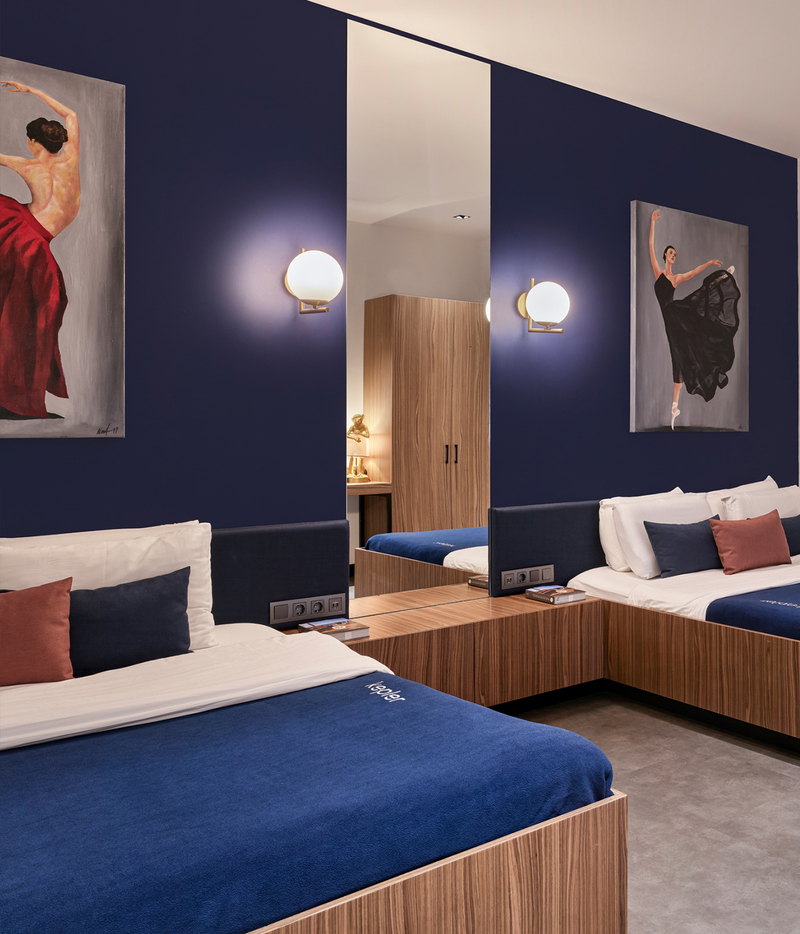
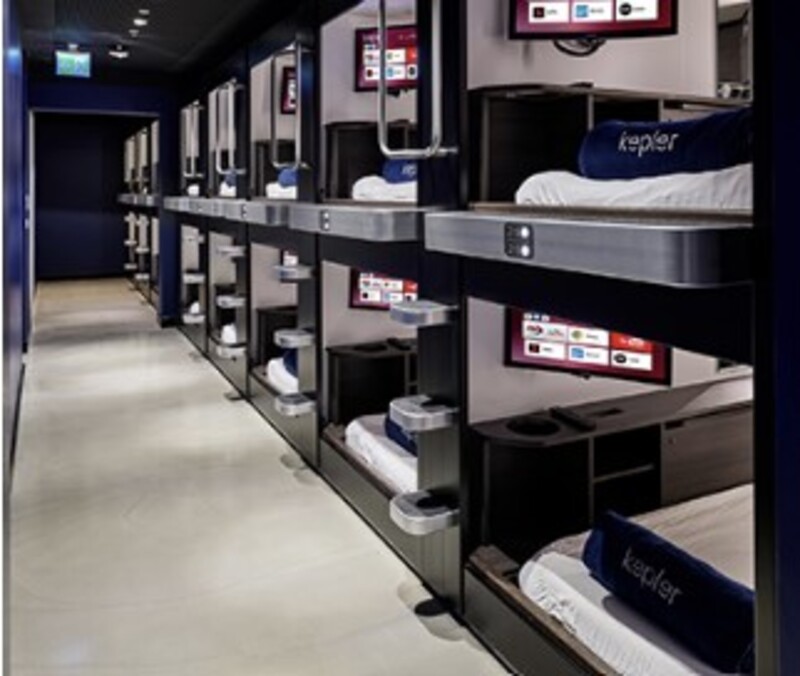
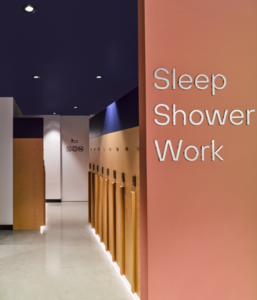
Alaettinoglu says securing any further capital to facilitate expansion won’t be an issue. And in any scenario, quality of offer will take precedence over financial growth, he vows.
“The key consideration is the balance between sustainable growth and speed,” he explains. “We have received outstanding online reviews, to the extent that we were once ranked as the top hotel in all of Istanbul on Booking.com, boasting an impressive average score of 9.4/10. Following closely behind was the Four Seasons Hotel with a score of 9.3/10.
“However, we cannot jeopardise guest satisfaction and service quality in pursuit of rapid expansion, as ensuring our guests’ happiness and delivering exceptional service remains our utmost priority.
“I’m happy with the growth of the company. It’s not about whether we have access to more airports or not because obviously it’s hard to open up in, say, ten locations after opening in one. The team needs to grow; the office space we have is not enough currently; and we need to source the right people into the company.
“Because the airports believe in us and trust us, we should not disappoint them. If we do something it has to be a good job. As long as we do not give up on those kinds of principles, we will progress as quickly as possible.”
With the intellectual and financial capital in place, bolstered by a sound set of business values and a proven working model, the future for Kepler Club looks every bit as bright as those skies Johannes Kepler studied so rigorously all those centuries ago. ✈











